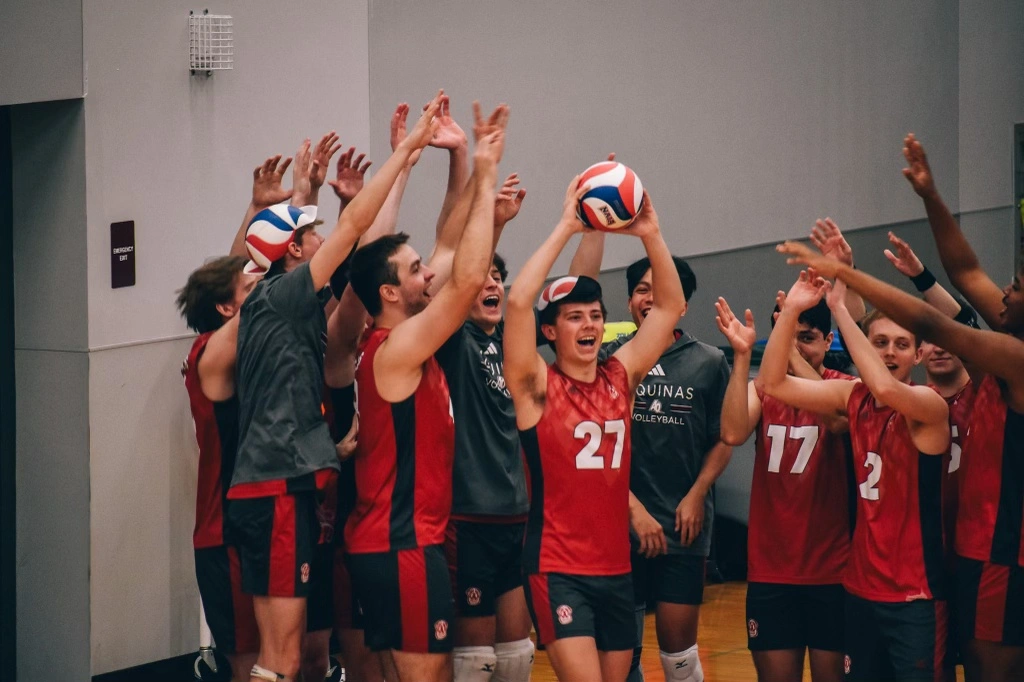Story by Mackenzie Murphy, Opinion Editor
Photo courtesy of Andris Visockis
At schools like Purdue University, where the drinking culture is heavily associated with football and Greek culture, bars open as early as 7 a.m.
During the midst of last year’s University of Michigan/Ohio State University football rivalry, four arrests and four medical transports were made in connection to binge drinking activities. In 2014, a Texas Tech student attending a fraternity party died from alcohol poisoning, prompting the college to overhaul its Greek life policy entirely.
“I think alcohol is an issue on this college campus. It’s an issue on every college campus and an issue in society for that matter,” Ohio State University’s Office of Student Life spokesman Dave Isaacs told The Lantern, OSU’s student newspaper. “It impacts students in a wide variety of ways.”
Isaacs is right about the prevalence of college binge drinking. According to the National Institute on Alcohol Abuse and Alcoholism, about 4 out of 5 college students drink. About half of students who drink engage in binge drinking, 1,825 die each year from alcohol poisoning, and more than 690,000 students between the ages of 18-24 will be assaulted by another student who is under the influence.
In a different study conducted at Harvard, researchers found that binge drinking is far more prevalent among fraternity and sorority members; the same goes for sports fans and athletes.
So how then, at a college like Aquinas—a school without Greek life and without a football team —is the problem of binge drinking being addressed?
“There’s only so much you can do with society and culture, so if we’re cultured the way that all the other academic institutions are, then there’s going to be quite a bit of binge drinking,” said Lieutenant Mark McCann, patrol supervisor for Campus Safety. “We know that things are going to happen. We just want [students] to make better decisions.”
Helping students to make better decisions is no easy task.
“We try to say that the Aquinas community has set these standards. It’s not Campus Safety’s standards, it’s not individual people’s standards,” said McCann. He emphasized that students will be held accountable for their decisions: if under-aged students are caught with alcohol, they’ll be placed in the college’s Substance Abuse Awareness Program (SAAP), which teaches participants how to drink responsibly. Programs such as Campus Safety Awareness Week also help students learn how to be responsible with their decisions.
McCann noted that most instances of binge drinking likely occur off campus. One student, who asked to remain anonymous on the basis that she’s not yet 21, recalled an incident that happened at a party off campus, where an attendee there was likely suffering from alcohol poisoning as the result of binge drinking.
“It seemed that people were slow to take action and actually address the situation,” she said. “I think there also was hesitation because the people trying to help him were also minors, and they were afraid that they would get in trouble for drinking underage or being around people who were drinking underage.”
In 2012, Michigan passed a law that grants minors amnesty from possession charges if they are seeking medical help for alcohol poisoning. A similar policy is in place at Aquinas called the Good Samaritan Policy. The student code of conduct states that under the Good Samaritan Policy, “student(s) or student organizations may directly seek medical amnesty for another person during an alcohol or drug related emergency. The Good Samaritan student will not face disciplinary action for the mere possession or use of alcohol or drugs provided that s/he remains with the individual until medical assistance arrives and the person can be assisted.”
Students are urged to contact Campus Safety, the police, or a member of the Residence Life staff if they are facing medical emergencies.
“I think that this administration is very proactive in making sure our students are informed,” said McCann. “Specifically [President Juan Olivarez]. He doesn’t want there to be things that are covered up. When you look at data, he wants to look at it and say ‘okay, how can we do better?’”
About the Writer…
 Mackenzie Murphy is a sophomore at Aquinas where she is the Opinion Editor for The Saint. She is also a freelance writer and high school debate coach. In her spare time, Mackenzie enjoys reading and geeking out over David Foster Wallace. Follow her on Twitter at @MurphyKenzio
Mackenzie Murphy is a sophomore at Aquinas where she is the Opinion Editor for The Saint. She is also a freelance writer and high school debate coach. In her spare time, Mackenzie enjoys reading and geeking out over David Foster Wallace. Follow her on Twitter at @MurphyKenzio





Leave a comment